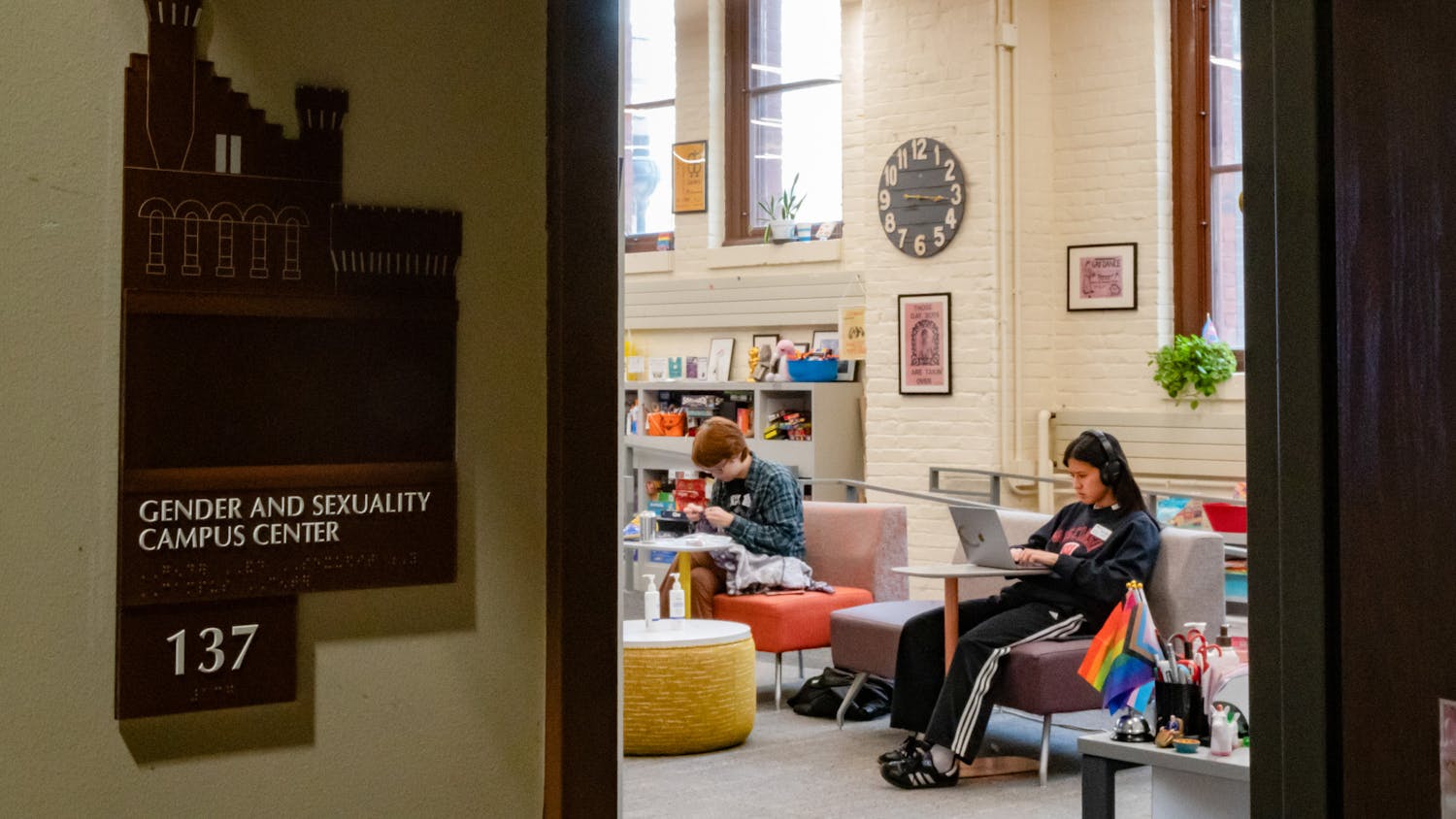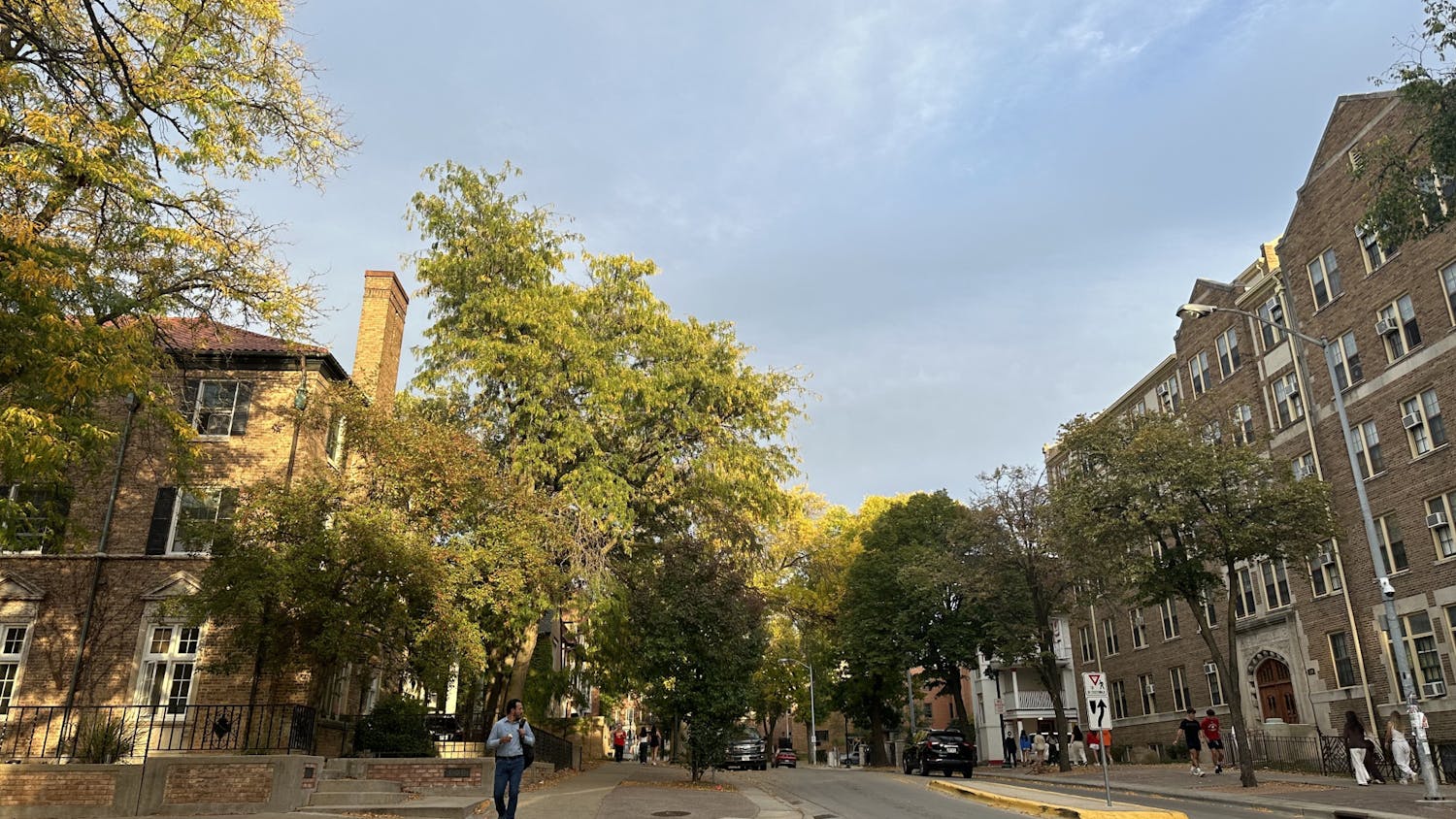The Teaching and Learning International Survey (TALIS) — a video study in part conducted by a WCER director, looking into the practices and presentation of mathematics education approaches — has been recently acknowledged for its originality by the Paris branch of Organisation for Economic Cooperation and Development (OECD).
Otherwise known as "Global Teaching InSights: A Video Study of Teaching," the TALIS video study aims to assess the correlation between students’ comprehension, intrigue and attentiveness to the subject of mathematics with teaching mechanisms in eight countries — Japan, Mexico, Germany, Columbia, Spain, China, the United Kingdom and Chile.
The TALIS study found that, across these countries and their respective economies, instructional practices generally received the lowest ratings. Other teaching practices that were observed include social-emotional support and organization.
“This is the first study to capture videos of teaching practices in eight countries and/or economies so that we can 'see' how teaching occurs in roughly 85 classrooms,” said Director of WCER and Professor of Learning Sciences Courtney Bell. “In addition to this rich empirical description of teaching, the study demonstrates that it is possible for experts to collaborate across vastly different teaching, learning and cultural contexts to identify important aspects of teaching quality and co-develop standardized measures of teaching quality.”
As Director of the WCER at the UW-Madison School of Education, Bell carries the WCER mission statement with her — “improve educational outcomes for diverse student populations, impact education practice positively and foster collaborations among academic disciplines and practitioners” — while spearheading a "multi-country teaching study."
Bell has played an integral role in the TALIS study through investigation via observation systems designed in a combined effort with experts on global education.
In describing the process of data collection, WCER Director of Communications Janet L. Kelly notes how “Bell’s team created the first standardized observational instruments used to measure the teaching and learning of the same unit of instruction across multiple countries.”
Over the course of five years, Bell worked alongside V. Darleen Opfer, Eckhard Klieme and Daniel McCaffrey to conduct related research. Findings would be displayed as video recordings, which were subsequently included in the OECD “associated interactive global video library platform,” according to Kelly.
“We collected the teaching materials from the recorded lessons, as well as the teaching materials from an additional two lessons,” Bell said when explaining forms of evidence collected by the research team. “The lessons and teaching materials were coded using standardized observation and artifact protocols. Before and after the mathematics unit, teachers and students completed questionnaires on their beliefs, practices and perspectives, and students took tests to measure their learning gains.”
Video footage showed the behaviors of 700 classroom settings.
Through findings of the study, Bell identified a generally-universal sense of respect between teachers and their students during recorded classes. Bell expressed how “students had many opportunities to develop fluency [in mathematical topics], but had fewer opportunities to engage in cognitively demanding tasks.”
“In addition, students rarely had the opportunity to make connections between mathematics and real-world contexts,” Bell further explained.
The TALIS study has shown that mathematical teaching styles vary across countries and economies — even when teachers are covering commonly-formulated equations. It has also shown that “pre-unit mathematics scores” are powerful indicators of a student’s success in mathematics.
Jessica Sonkin is a former managing editor of The Daily Cardinal. She previously served as the news manager and campus editor. She is now a desk assistant at Fox News. Jess excels at her work and her leadership skills. Any future office would be lucky to have her as a co-worker or mentor.






